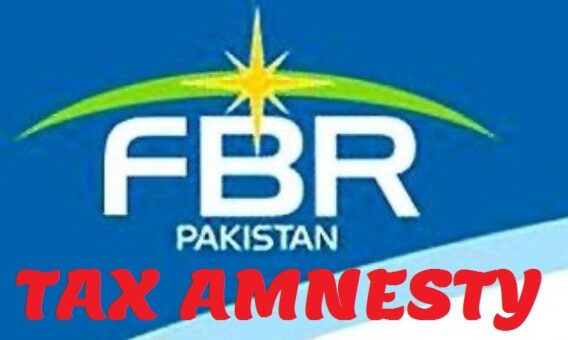KARACHI: Pakistan Stock Exchange (PSX) has proposed to exempt capital gain tax (CGT) on disposal of securities by foreign investors.
The PSX in its proposals for budget 2019/2020 on Thursday, recommended the exemption of CGT on disposal of securities by foreign investors.
Giving rationale to its proposals, the PSX said that the exemption of CGT on foreign investors would facilitate substantial capital inflow by relaxing the cumbersome and time consuming account opening and registration process for foreigners as they get discouraged and overwhelmed with the current registration structure and look for better investment alternatives in regional markets.
It further said that Pakistan has taxation treaties with a number of countries thus foreigners would be liable to pay taxes according to the treaty. “Therefore, taxing foreigners would burden them and not only increase their cost of business but most importantly discourage them from investment in Pakistan’s capital market.”
It is proposed that the proviso to sub – rule 2 of Rule 13N of Income Tax Rules, 2002 shall be omitted.
The PSX said that it is observed that most countries do not impose capital gains tax on disposal of securities by foreigners.
Bangladesh, Malaysia, and many other countries do not levy CGT on transactions of disposal of securities conducted by foreigners.
Even in countries that do have CGT on foreign investors, the rules are distinctly different from those that apply to domestic investors, in order to provide an attractive tax environment and avoid double taxation.
One important reason for not imposing such tax is that most of the countries have double taxation treaties.
In Pakistan, foreign investors file income tax returns regularly and pay taxes in accordance with the provisions of the Income Tax Ordinance, 2001 or reduced rates provided under treaties executed with such countries.
Foreign investors should be given preferential tax rates as they might still be required to pay taxes in their home country where they are considered as a resident taxpayer.
The PSX also urged the tax authorities to review the mechanism for payment of CGT on disposal of securities for domestic investors.
It said that at present National Clearing Company of Pakistan Limited (NCCPL) calculates and collects Withholding Tax on Capital Gains made on disposal of shares listed on Pakistan Stock Exchange Limited.
However, it is witnessed that in many countries there is no capital gain tax collected by any institution but rather individuals/ corporate are required to file their tax returns and pay taxes if any on the capital gains made by trading of shares.
A broad range of countries including Canada, USA, Indonesia, India, and Vietnam do not mandate the collection of CGT by any intermediary at the time of disposal of securities, and the CGT is payable at the time of filling of returns.
In Singapore, Hong Kong, Malaysia and Mauritius there is no capital gains tax.
Therefore, considering international perspective, it would be appropriate if in Pakistan, payment of capital gains tax be made obligatory on individuals and corporates and the status of NCCPL should be such that only the information is provided to the tax authorities by NCCPL.
In line with the common practice internationally, the government should review and revise the mechanism for payment of tax on capital gains for filers.
An alternative to the current convention should be explored along with pros and cons. Withholding tax at NCCPL level for filers should be debated thoroughly and replaced with the obligation on investors who are filer to pay CGT through annual tax returns.
However, the current mechanism of withholding on CGT for investors who are non-filers shall remain the same provided no WHT on such non-filers whose Capital Gains is up to Rs100,000 per annum.
In any case, NCCPL should provide information on all investors’ capital gains and losses to tax authorities for tracking purposes.
In line with international practice for collection of capital gains tax, an obligation to file returns and pay taxes on disposal of securities at year end would encourage a widespread tax culture among investors.
It is proposed that section 100B, 8th Schedule to the Income Tax Ordinance 2001 and Rule 13N of Income Tax Rules, 2002 shall be amended accordingly.



